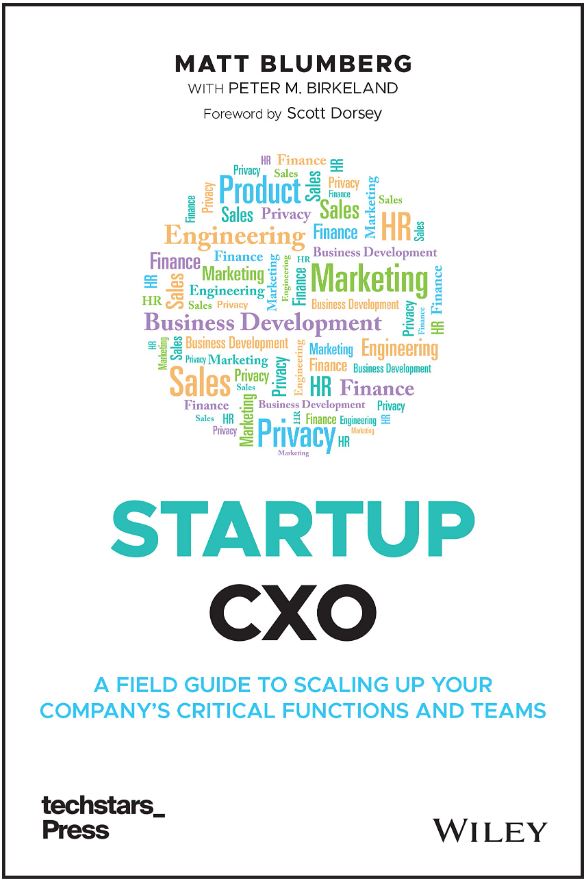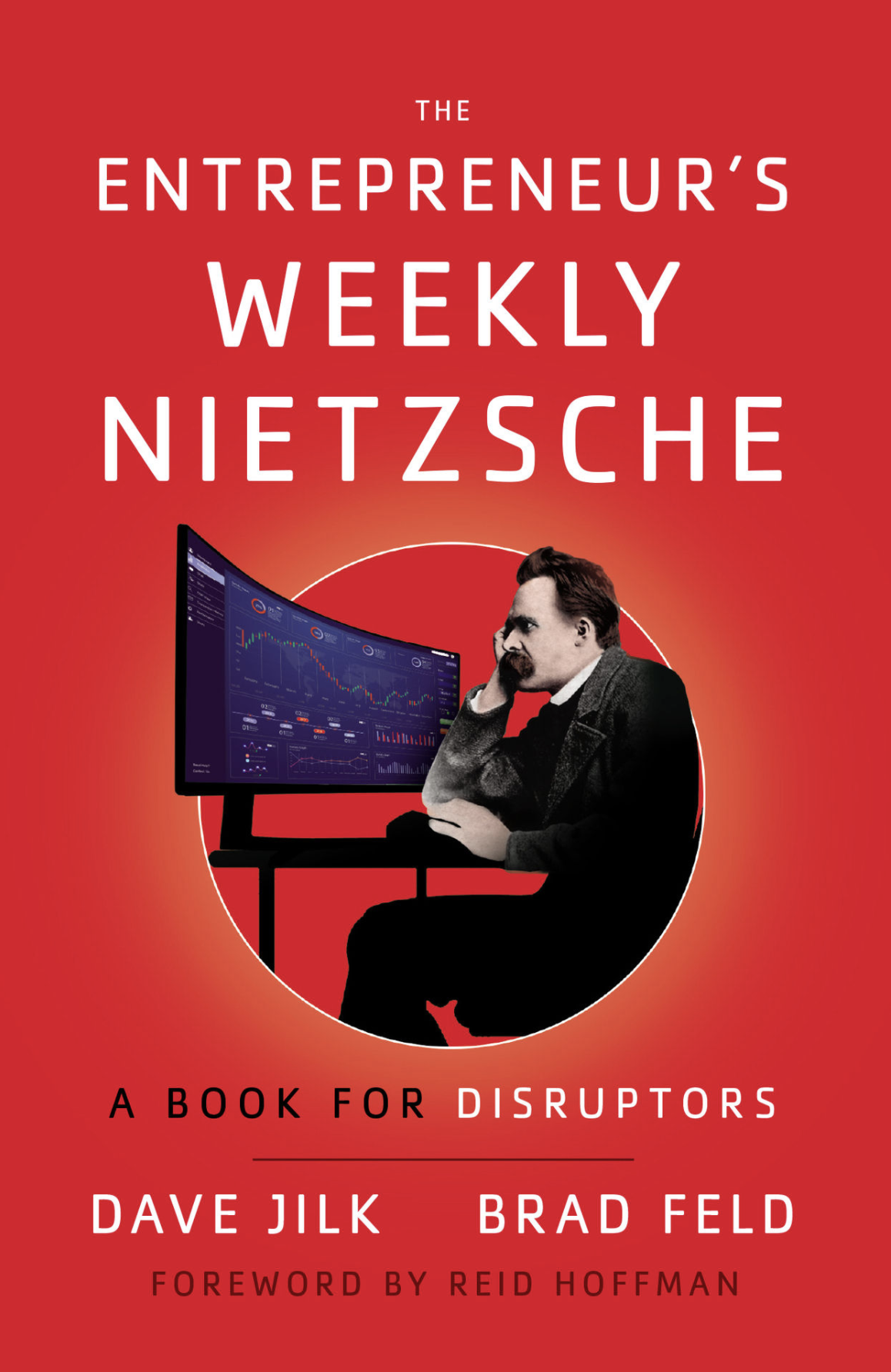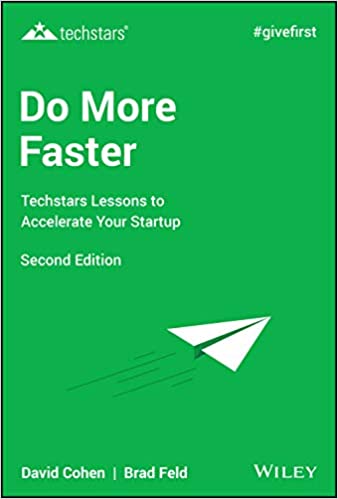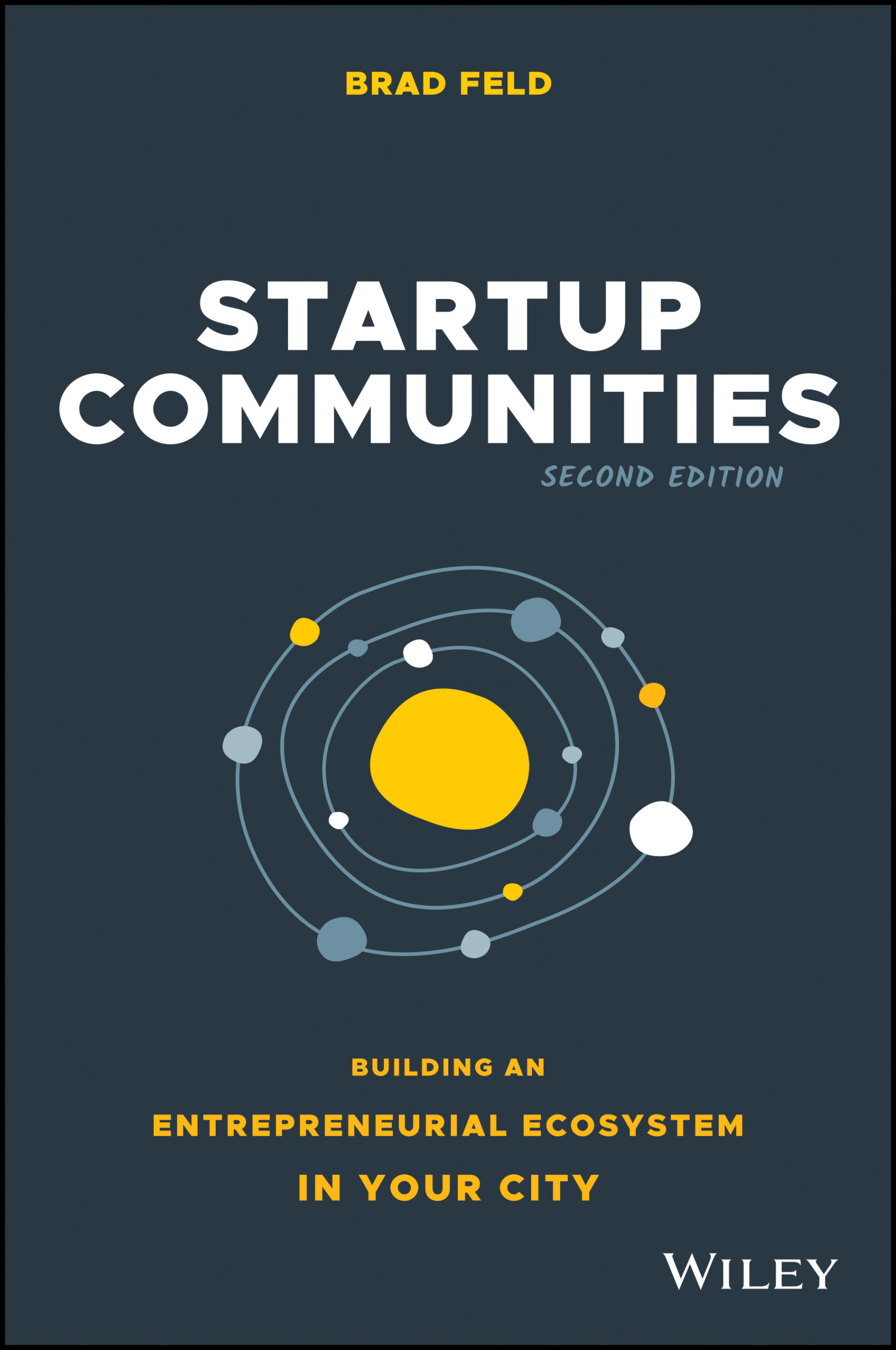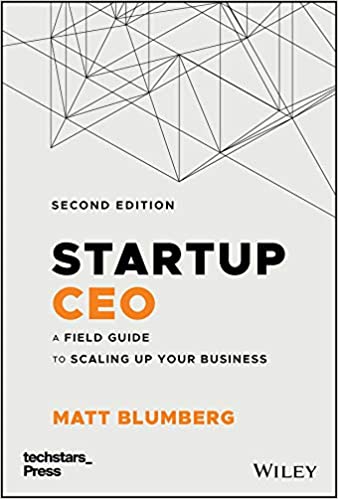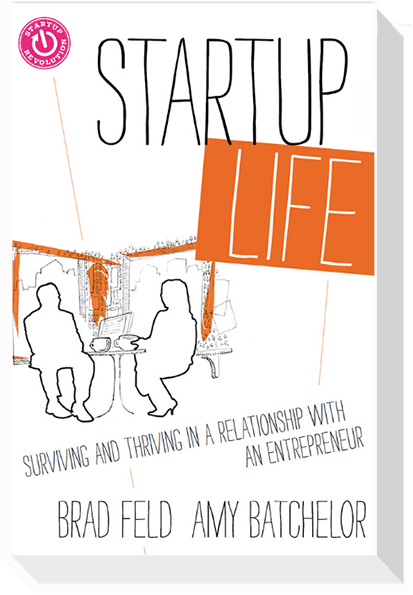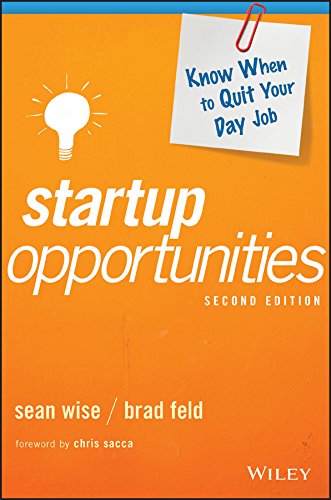The Creation of Tech Britain

I love unsolicited stories about what entrepreneurs are doing around Startup Communities. In this case, I got an email from Shaun Gibson & Doug Ward describing what they are doing in the UK. I asked them if I could post their story here – they said yes. It’s a great example of just going out, exploring, and doing stuff. Their story follows.
We (Shaun Gibson & Doug Ward) were inspired to create Tech Britain as a result of our own startup NightWorld.com, which we failed to execute with in the past, but plan to re-attempt. When looking to restart NightWorld.com we posed the question – How does one create a billion dollar tech company in the UK? When considering all factors the question of location arose, where best to be base our startup? Even though the media in the UK emphasizes London, we challenged this by investigating options elsewhere in the UK, as competition for talent in London is intense and wages high. Having spent many hours researching the tech landscape across the UK, we found it to be incredibly laborious piecing together the bigger picture and what other ecosystems had to offer in the way of established startup communities. As a result we thought a resource needed to exist in the form of an online map of the UK, which would highlight the people, companies, finance and spaces that comprise each tech cluster. In addition we thought it would be beneficial to include interviews with recommended members of the tech community, the aim being to provide a cross section of each tech cluster and give an idea as to local influencers. Ultimately although we advocate going where ever is best for your startup we want to show it is possible to build a successful tech startup within your local ecosystem and that many others are doing just that.
We started with an 11-week tour of the UK, the purpose being to visit the locations we had identified as having burgeoning tech/startup communities. The tour included Glasgow, Edinburgh, Belfast, Newry, London-Derry/Derry, Cardiff, Newcastle, Birmingham, Exeter, Bristol, Bath, London and Manchester. Having just finished the tour we want to share three different case studies we came across in terms of developing startup communities:
1. Newcastle – Strength to strength
Newcastle in the North East of England currently has one of the most well developed tech/startup ecosystems outside of London. From a diverse range of regular meet-ups to internationally recognized technology events Newcastle is a well-rounded cluster considering it is comparatively new.
What have been the contributing factors to Newcastle’s emergence? One of the main factors we discovered was the establishment of the UK’s first Accelerator program, called The Difference Engine founded by Jon Bradford in nearby Middlesbrough back in 2010, which was primarily funded by a Regional Development Agency called One North East. Not only did The Difference Engine attract and help to establish such companies as Screen Reach, Love Your Larder and CANDDI within the North East, but its successor Ignite100 now based in Newcastle has become a hub for tech startups across the UK. It was astounding to see the impact an accelerator program can have within a tech startup community, especially one that didn’t really exist beforehand.
2. Glasgow – Finding its feet
Glasgow is a tech startup ecosystem very much so in its infancy but one with an extremely promising outlook, what with the recent establishment of programs such as Entrepreneurial-Spark. Entrepreneurial-Spark an incubator setup in November 2011, is a social enterprise backed by some of Scotland’s most successful businessmen. It involves providing startups with free desk space within their ‘hatchery’ space, subsidized food, mentorship and access to investment whilst not taking equity. Since its start the local council have pledged their support to the program in terms of funding as it has already attracted startups from across the UK to Glasgow, which in turn is having a knock-on effect on the local tech community. As the hatchery is not necessarily just a 12-week program, (startups being able to stay for up to 9 months dependent on progress) the likelihood of permanent relocation to Glasgow is far higher than seen with traditional accelerator programs. Early signs of success are so encouraging that a second E-Spark has already been setup in Ayrshire with many others planned across Scotland for the next 2 years, in locations that would not necessarily suit traditional equity driven models.
3. Manchester – lots of potential but far from where it should be.
Manchester; Alan Turing’s professional base for 6 years, heir to a prestigious computing history, home to one of the largest student populations in Europe and world-renowned universities. Yet with all this pedigree and amazing history where is Manchester as a tech startup ecosystem? Martin Bryant European Editor of The Next Web gave a TEDx talk in March asking this very question. The Council has spent millions of pounds on creative spaces, the BBC recently relocated the majority of its digital workforce to Media City on the outskirts of the City and the traditional digital agencies within the city have well established independent trade bodies to represent them. However the cities startup ecosystem remains scattered and to an extent stifled. Manchester has all the ingredients to make it one of the top startup ecosystems in Europe, but lacks unification, a coherent message and possibly some sort of program such as that which we have seen in Newcastle or Glasgow. The tide needs to be turned in terms of startups leaving Manchester for larger better-established counterparts. A start we believe would be the establishment of a hub within the city that would not only be recognizable to those within Manchester but on a national basis too. A great start Manchester does have is a community space called MadLab but this is a start which needs to be built upon as Manchester is well placed in terms of rail connections to be a lower cost alternative to London with a large pool of available talent.
In summary overall we were incredibly encouraged by the surge in entrepreneurial activity from a tech startup standpoint across the UK. We strongly believe the way forward is the creation of greater connections and links between these startup ecosystems, in turn creating one large tech cluster, something we hope to assist with.

